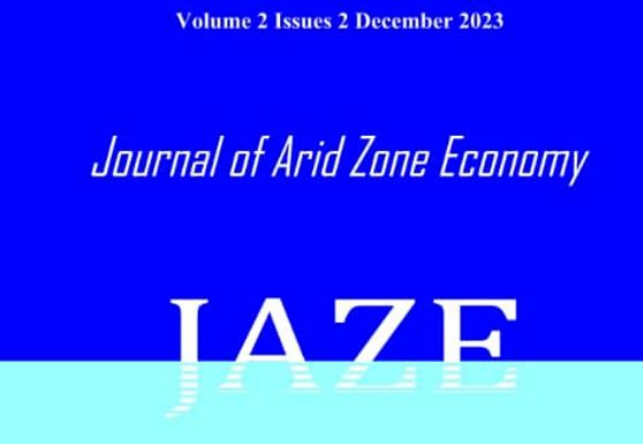Analysis of the Impact of Exchange Rate Variation on Non-Oil Export in Nigeria Using ARDL Approach
Keywords:
Exchange Rate Devaluation, Non-oil Export, Auto-regressive Distributed Lag, Equilibrium long-run, relationship, NigeriaAbstract
No doubt that a proper understanding of the relationship between exchange rate and non-oil export is paramount hence it has drawn the attention of various researchers, since exchange rate has been discovered as a means for proper valuation of non-oil export products. There are also arguments over what accounts for the low performance of exchange rate variation as it affects the non-oil exports in Nigeria. To fill the gap, the study employ time series data forthe period of 42 years (i.e., from 1980 – 2021). Key variables adopted for the study include non-oil export, exchange rate, bank credits to agriculture and consumer price index. Econometric tool such as Auto Regressive Distribution Lag was used to test the hypothesis. The findings revealed that exchange rate lagged by three-year period exhibits negative influence on the non-oil export, though it is statistically significant at the 5 per cent level in determining the nonoil export in Nigeria both in the long-run and the short-run. The results also revealed the existence of co-integration between the non-oil export and its determinants by the speed of adjustment to equilibrium of 78 per cent approximately. Therefore, the study hereby conclude that exchange rate devaluation enhances the non-oil export in Nigerian economy, hence the study recommends that the government should monitor the exchange rate to know the better prevailing exchange rate that can stimulate the economy.

Downloads
Published
Issue
Section
License
Copyright (c) 2023 Journal of Arid Zone Economy

This work is licensed under a Creative Commons Attribution 4.0 International License.

